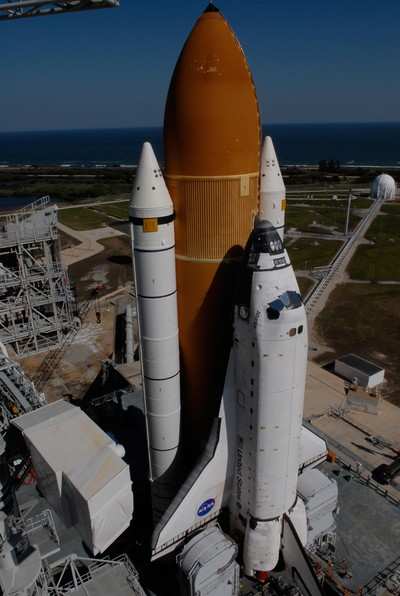Fri, Jan 25, 2008
Advertisement
More News
 Classic Aero-TV: The Switchblade Flying Car FLIES!
Classic Aero-TV: The Switchblade Flying Car FLIES!
From 2023 (YouTube Versions): Flying Motorcycle, That Is… "First Flight was achieved under cloudy skies but calm winds. The Samson Sky team, positioned along the runway, wat>[...]
 ANN FAQ: Q&A 101
ANN FAQ: Q&A 101
A Few Questions AND Answers To Help You Get MORE Out of ANN! 1) I forgot my password. How do I find it? 1) Easy... click here and give us your e-mail address--we'll send it to you >[...]
 ANN's Daily Aero-Term (04.12.24): Discrete Code
ANN's Daily Aero-Term (04.12.24): Discrete Code
Discrete Code As used in the Air Traffic Control Radar Beacon System (ATCRBS), any one of the 4096 selectable Mode 3/A aircraft transponder codes except those ending in zero zero; >[...]
 ANN's Daily Aero-Term (04.13.24): Beyond Visual Line Of Sight (BVLOS)
ANN's Daily Aero-Term (04.13.24): Beyond Visual Line Of Sight (BVLOS)
Beyond Visual Line Of Sight (BVLOS) The operation of a UAS beyond the visual capability of the flight crew members (i.e., remote pilot in command [RPIC], the person manipulating th>[...]
 ANN's Daily Aero-Linx (04.13.24)
ANN's Daily Aero-Linx (04.13.24)
Aero Linx: Florida Antique Biplane Association "Biplanes.....outrageous fun since 1903." That quote really defines what the Florida Antique Biplane Association (FABA) is all about.>[...]
blog comments powered by Disqus





